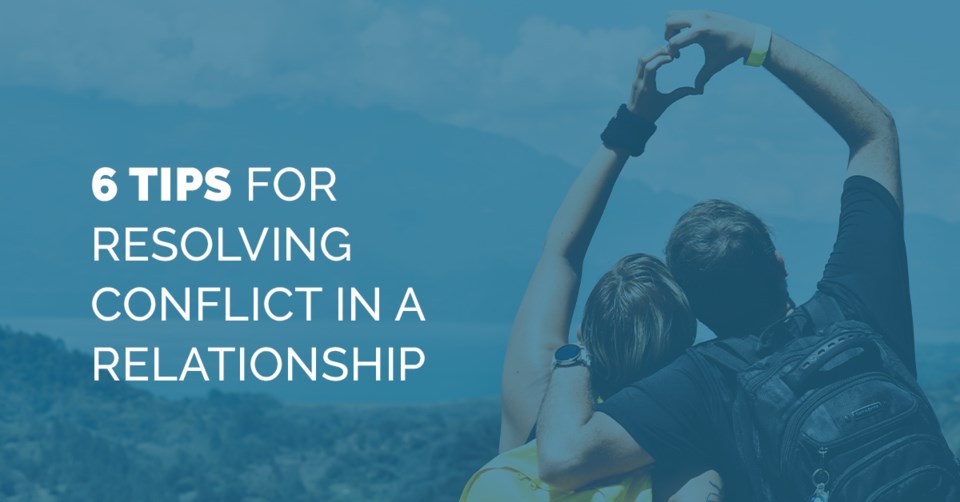CONFLICT is an inevitable part of any relationship, but how we handle it can strengthen our bond or create distance. In my journey through various relationships, I've learned that mastering conflict resolution is essential for cultivating happiness and longevity in partnerships.
Here are some effective strategies that have helped me navigate conflicts and foster happier relationships:
1. EMBRACE OPEN COMMUNICATION
Effective communication is the cornerstone of resolving conflicts peacefully. It's crucial to create a safe space where both partners feel heard and understood. This involves not only expressing your feelings and perspectives but also actively listening to your partner without interrupting or formulating responses prematurely. Fostering open communication lays the foundation for mutual respect and empathy.
2. PRACTICE EMPATHY AND UNDERSTANDING
Empathy is the ability to put yourself in your partner's shoes and understand their emotions and perspective. During conflicts, it's easy to get caught up in our feelings and positions. However, taking a moment to genuinely consider your partner's point of view can defuse tension and pave the way for compromise. Acknowledging each other's emotions and validating their experiences helps to build trust and strengthen emotional bonds.
3. CHOOSE YOUR WORDS WISELY
Words have tremendous power in shaping the tone and outcome of conflicts. It's important to avoid using accusatory language or making sweeping generalizations. Instead of saying "You always..." or "You never...," focus on using "I" statements to express your feelings and observations. For example, saying "I feel hurt when..." or "I noticed that..." shifts the focus to your emotions and encourages a more constructive dialogue.
4. SEEK COMMON GROUND
Conflict resolution isn't about winning or losing; it's about finding a solution that meets both partners' needs to some extent. Look for areas of agreement or compromise where you can both feel satisfied with the outcome. This may involve brainstorming together, exploring different options, and being willing to make concessions for the sake of the relationship's harmony.
5. TAKE TIME TO COOL OFF
In heated moments, emotions can cloud judgment and escalate conflicts. It's okay to take a break and revisit the discussion when both partners are calmer and more collected. This could mean stepping away for a few minutes to breathe, engaging in a relaxing activity, or agreeing to table the discussion for a later time. Taking time to cool off prevents rash decisions or hurtful remarks and allows for a more productive resolution.
6. LEARN AND GROW TOGETHER
Every conflict presents an opportunity for growth and a deeper understanding of each other. After resolving a disagreement, take time to reflect on what was learned and how you can approach similar situations differently in the future. Use conflicts as a catalyst for personal and relational growth, reinforcing your commitment to each other's well-being and happiness.
Conflict resolution in relationships requires patience, empathy, and a willingness to prioritise the health of the relationship above individual differences. By practicing open communication, and empathy, and seeking common ground, couples can navigate conflicts more effectively and build stronger, happier relationships.
Remember, conflicts are not indicators of failure but opportunities to strengthen the foundation of love and trust that supports your relationship.




